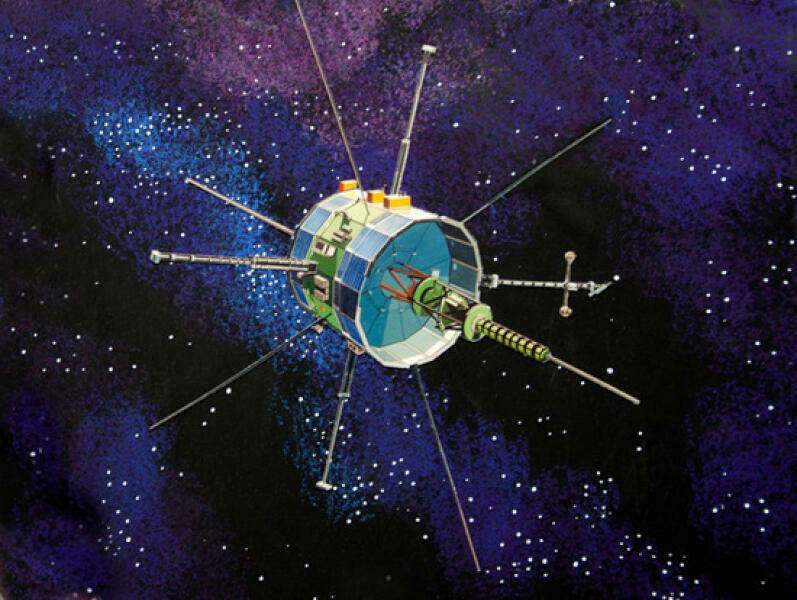
The ISEE-3 Reboot Project In Command of the Spacecraft
Hooray for the nerds who made contact with a NASA probe that has survived well beyond its planned mission!
The International Sun-Earth Explorer (ISEE-3) is a spacecraft that was launched in 1978 to study Earth's magnetosphere and repurposed in 1983 to study two comets. Since 1983 the ICEE-3 probe has been traveling in a heliocentric orbit slightly faster than Earth and it will return close to Earth in August. NASA has insufficient funding to communicate with ICEE-3 and therefore gave a private project team permission to communicate and control the probe.
Donations helped fund the project and the Arecibo Observatory in Puerto Rico was updated with a Software Defined Radio and a custom-made amplifier. Today the team was successful in communicating with the probe and they believe that they can order the probe to burn a thruster and move into orbit near earth until it can later be directed to observe a comet.
Source: Space College
By Keith Cowing on May 29, 2014 4:07 PM
The ISEE-3 Reboot Project is pleased to announce that our team has established two-way communication with the ISEE-3 spacecraft and has begun commanding it to perform specific functions. Over the coming days and weeks our team will make an assessment of the spacecraft's overall health and refine the techniques required to fire its engines and bring it back to an orbit near Earth.
First Contact with ISEE-3 was achieved at the Arecibo Radio Observatory in Puerto Rico. We would not have been able to achieve this effort without the gracious assistance provided by the entire staff at Arecibo. In addition to the staff at Arecibo, our team included simultaneous listening and analysis support by AMSAT-DL at the Bochum Observatory in Germany, the Space Science Center at Morehead State University in Kentucky, and the SETI Institute's Allen Telescope Array in California.
Of course this effort would not have been possible without the assistance of NASA and the Space Act Agreement crafted by NASA Headquarters, NASA Ames Research center, and the System Solar System Exploration Research Virtual Institute (SSERVI).